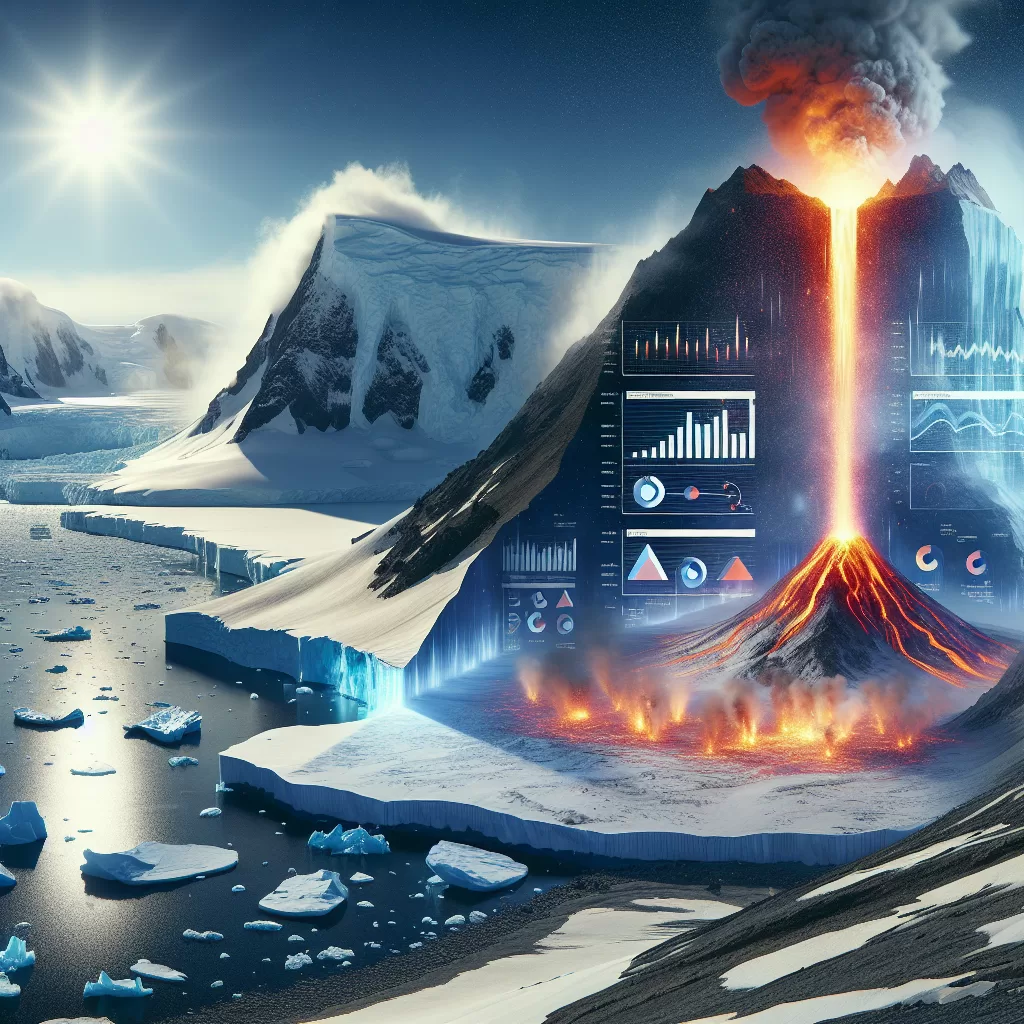Antarctic Melt Linked to More Powerful Volcanic Eruptions
A pioneering study published in the journal Science reveals a striking correlation between periods of accelerated ice mass loss from the Antarctic Ice Sheet and an increased frequency of volcanic eruptions reaching a Volcanic Explosivity Index (VEI) of 5 or higher – classified as “colossal” based on ejected material.
Linking Environmental Changes
Dr. Grace Nayiga, a volcanic hazards researcher at the University of Cambridge and lead author, explains, “We’ve identified a relationship between the loss of ice mass in Antarctica and increased volcanic activity, providing a novel mechanism by which climate change may influence global volcanic hazards.”
The researchers analyzed nearly 300 years of ice-mass estimates and volcanic records, finding remarkable synchronicity. Major eruptions appeared to cluster during periods of rapid Antarctic ice sheet thinning, such as the late 19th century and late 20th century.
Unloading Volcanic Stress
As ice sheets melt due to rising temperatures, the continental landmasses beneath experience a decrease in surface weight loading. “This unloading effect can disturb the delicate balance of tectonic stresses within the Earth’s crust and upper mantle,” notes Nayiga.
The reduction in perpressivity can destabilize magma chambers and fracture rock, creating pathways for magma to travel toward the surface. In regions already prone to volcanic activity, this unloading effect could essentially “prime the pump,” increasing eruption likelihood and intensity.
Global Implications
The Antarctic ice sheets contain enough frozen water to raise global sea levels by over 60 meters if completely melted. With rapid melting underway due to human-caused climate change, the associated reduction in regional surface weight could have far-reaching consequences.
“We’re essentially witnessing how one remaining vital signs of a warming world can potentially impact another,” states Nayiga. “The results underscore the intricate interconnectedness of our planet’s systems.”
While the study unveils an intriguing mechanism, the authors caution that many factors influence volcanic activity. However, understanding such delicate dynamics is crucial for improving hazard assessments and emergency preparedness in a rapidly changing world.

